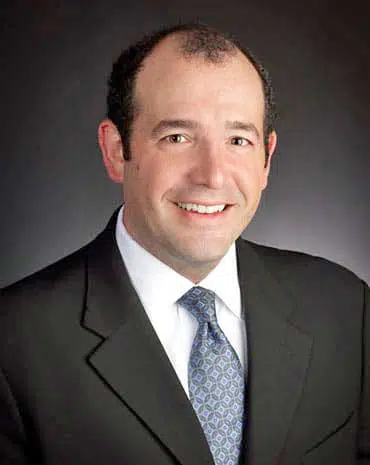In 2011, Marc Andreessen wrote his now-famous article, Software is Eating the World, which predicted that software companies would “take over large swaths of the economy.” Due to the wide adoption of broadband, mobile, and cloud-computing technology, Andreessen pointed out that the ingredients were in place for a huge boom in software, and he was right.
Now, get ready for software to eat the projected $55 trillion in payments growth over the next eight years.
Since Andreessen’s article, the explosion in software as a service (SaaS) is undeniable with hypergrowth in worldwide revenues across all segments. According to Synergy Research, the enterprise SaaS market helps software vendors to generate $20 billion in quarterly revenue. This number is growing by 32% each year.

While reading the article eight years ago, I knew that software would eat payments. Although the slow-moving payments industry has taken quite a while to catch up, we’re now poised for the same type of growth trajectory due to the evolution of payments.
The rapid growth in transaction volume represents a big opportunity for software companies, but traditionally, payment-industry rules prohibited non-payment companies from earning their share of the pie. These barriers helped payment companies profit from the rise of software companies, but still maintain control over the payment experience and transaction-related profits.
In the past decade, payments companies effectively turned software companies into a very profitable sales channel by popularizing integrated payment solutions that allowed businesses to automate payments and accept credit cards directly within their application using innovative APIs and other integration capabilities. Giant acquisitions like Vantiv’s $1.65-billion acquisition of Mercury Payment Systems propelled other payments providers to follow suit. With software companies as the sales channel, the payments industry created billions of dollars in revenue.
Now the tables are turning. Software companies are taking center stage by owning rather than outsourcing their payments business. Andreessen’s article appeared one month after Mastercard and Visa announced their vision to turn software companies into payments companies through the creation of the Payment Facilitator model, sometimes also called PayFac or PF. The PF model set in place the rules and practices that help software companies further capitalize on the megatrend outlined by Andreessen.
Square, PayPal, and Stripe are probably the best-known payment-facilitator success stories of our time. Each enable their customers to accept card payments for goods and services without establishing a traditional merchant account. PFs are able to provide payment services to sub-merchants that utilize their software after completing a registration process with an acquirer (either a bank or processor).
The software provider then acts as merchant account provider, adding sub-merchants under its own account to facilitate payment transactions for them. This eliminates a difficult and time-consuming task for the sub-merchant and allows the PF to keep a percentage of profits based on the transaction volume processed through their software—profits that would have otherwise been handed off to a third-party payments provider.
Seeing the PF model pay off for early adopters has incentivized other software companies to follow. With so much upside from card payments, it just makes sense that software companies would want to keep the revenue (and improved market valuation) for themselves rather than hand it off to a third-party bank or processor.
–Todd M. Ablowitz is cofounder and co-chief executive at Infinicept.





